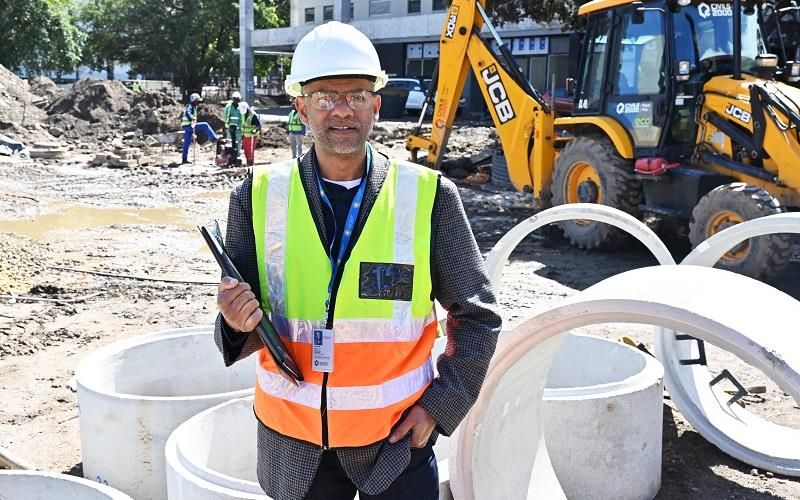Recent reports reveal that police inefficiencies have caused 283 cases in the Western Cape to be removed from the court roll, leaving victims and their families in limbo. Out of these cases, 84 involved murder and 77 were related to gender-based violence (GBV). This grim situation calls for immediate action to ensure that the victims receive justice.
Overview of the Situation
The Court Watching Briefs (CWB) unit monitored 33 courts connected to 82 police stations throughout the Western Cape. The northern suburbs of Cape Town, including Bishop Lavis, Blue Downs, Bellville, Goodwood, and Kuils River, were particularly scrutinized. Top police stations with the highest number of incomplete investigations were Kraaifontein and Kuils River, with eight and six cases scrapped, respectively.
Reasons for Case Withdrawal
Various reasons led to the withdrawal of these cases, such as the absence of dockets in court, outstanding forensic reports, and witnesses not being subpoenaed. Out of the 77 GBV-related cases, 48 were withdrawn due to incomplete investigations, and 22 were withdrawn due to missing dockets in court. The remaining 206 cases encompassed crimes such as murder, aggravated robbery, possession and dealing of drugs, as well as possession of firearms and ammunition.
Concerns and Recommendations
Reagen Allen, Provincial Police Oversight and Community Safety MMC, expressed his concern over the situation, emphasizing that the current data only represents the cases monitored by the CWB unit, suggesting that many more similar cases could be facing the same fate. The immense strain under which investigators operate could be a contributing factor; some officers handle over 200 dockets at once. However, Reagen asserts that this does not justify their failure to uphold their oath and fulfill their constitutional mandate.
In response to these alarming statistics, Reagen plans to engage Lieutenant General Thembisile Patekile, the provincial police commissioner, to determine if the investigating officers will be held accountable. His department has recommended several measures, including the development of an improvement plan to minimize the number of such cases. Additionally, Reagen intends to discuss the apparent disconnect between investigators and prosecutors with the director of public prosecutions, advocate Nicolette Bell.
Call for Action
The fact that such a significant number of cases have been dropped due to police inefficiencies raises serious questions about the effectiveness of the provincial law enforcement system. As the authorities grapple with this crisis, it’s crucial to remember the victims and their families who continue to suffer the consequences of a failing criminal justice system. With a renewed focus on accountability and collaboration between investigators and prosecutors, the hope is that these systemic issues can be addressed and justice can be better served for all.












